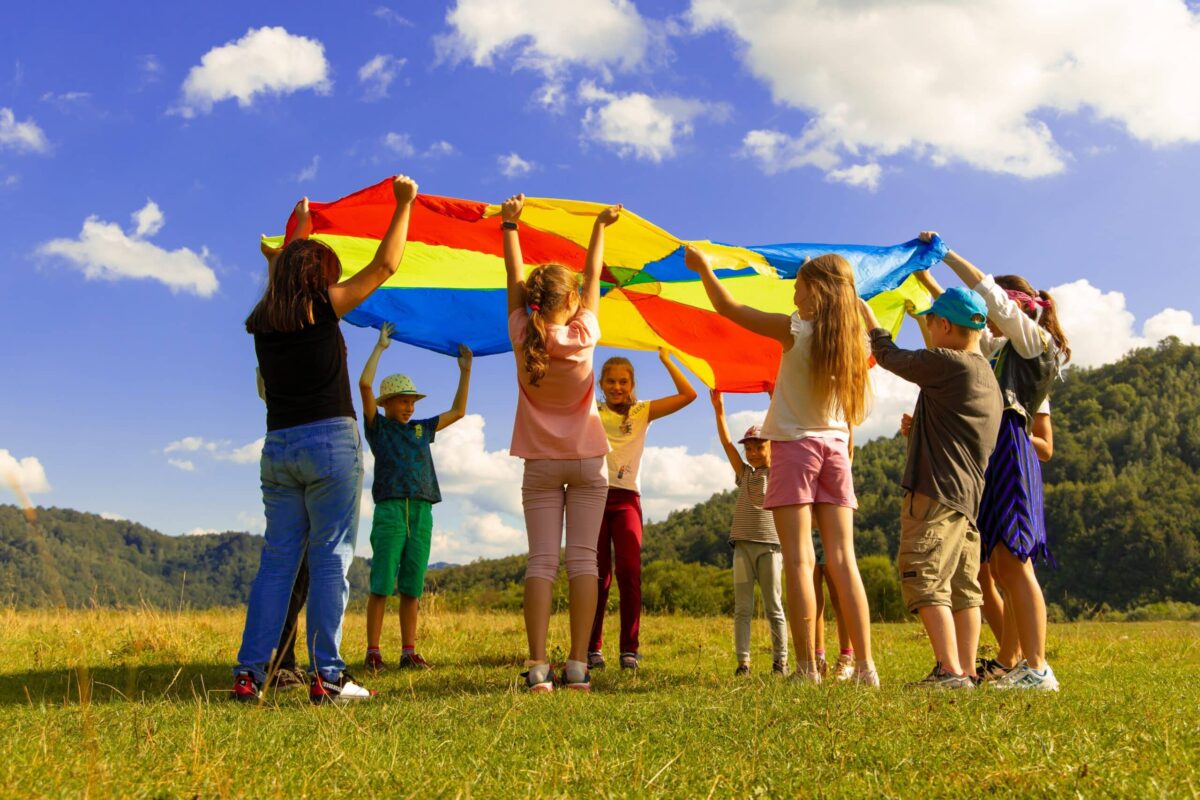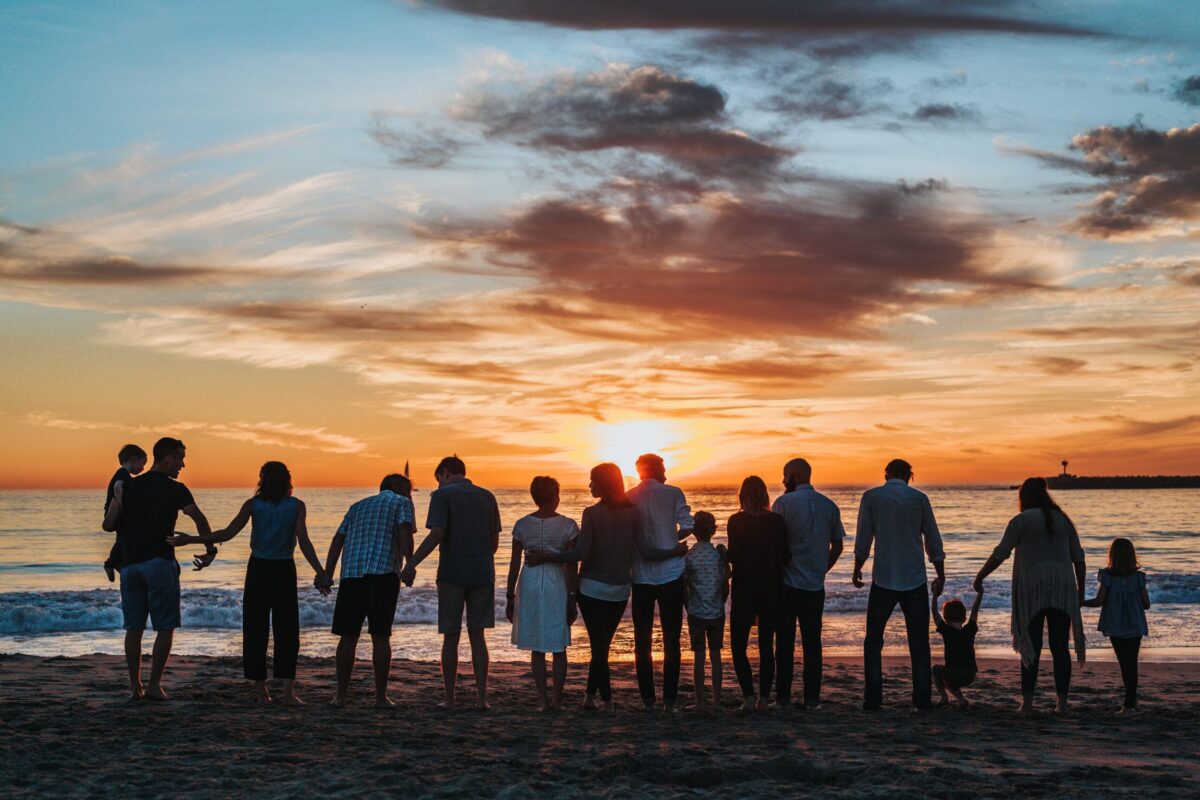
Every citizen must be instructed in the citizenship concept, but this must be instilled from children, making them understand that this is not just theory, but part of life and our own performances.
Rights and duties, urban planning rules, tolerance, coexistence, democracy, general values ... are part of the good citizenship that we must all respect and that needs to be included in home schooling and continuing in school.
Citizenship is a fundamental part that should focus on the education of this society. Children are the first to unite with this great value and apply it so that their actions are carried out as a good citizen. Thanks to civility, an attempt is made to value human treatment much more, so that it is pleasant and is carried out through behavior and respect for the rules.
Talking about civility is also talking about citizenship, a series of norms and respect that have to influence an urbanity. For this, it is necessary to implement games to children where this feature is present, A person who is committed and supportive within a common space of coexistence will be valued.
Why is it important for children to learn civility?
Children are the fundamental piece to learn the values and culture of a society. From a young age, they are already doing practices to find the best skills and put critical thinking into practice.
Since the teaching centersThe teachers organize small votes for issues that are sometimes unimportant, but that teach them the value of democracy. The difference between good and bad behaviors in society is valued.
A good example for explain democracy to a child It is when the elections of a government are held in a country, this can be carried out in a class activity, in which, you can elect the president, mayor... the vote count is very participatory by all, it gives them emotion and above all, knowing how to lose, in addition to counting the valid ones, the invalid ones, and the respect of those who did not want to vote or did so blankly. This is a great representation of the society in which they live.
The best civic values that children should learn
- Empathy: empathizing with other children is one of the fundamental parts, you have to have the ability to evaluate the emotions of other people, know how to understand and act in such a situation.
- Respect: You must learn to live in society and peacefully, even if other people share the same ideas or opinions.
- Patience: It is another of the fundamental parts, you have to know how to channel your emotions and wait when you feel a little disorder. If you feel anxious about acting or making decisions, you have to take your time and wait to act.
- Gratitude: You always have to be grateful and value everything that happens. Family is the fundamental part and you can be thankful for having someone who loves you, food, clean water and friends.
- Forgiveness: Do you ever have to let go of your pride and anger when someone has hurt another person. Forgiveness is the best thing to do and you should act kindly towards other people.
- Modesty: Respect is the fundamental part of humility. No one should be underestimated because of their condition, status or social class. It is an easy learning where no one has to feel superior to others.
- Sincerity and kindness: Since education in schools and at home, kindness is part of these values, they are actions that children must deepen with respect and generosity. Sincerity is also part of this teaching, since they have to speak and express themselves from a pure feeling, with clarity and simplicity.
Children have to learn civility with these attitudes
La coexistence with other people in this society, the respect and humility They are keys to civility. In the educational centers certain values will be implemented, but at home they must also learn important concepts:
- Act quickly. live in harmony with other people and with other living beings so that we know how to take care of each other. You also have to take care of the neighbors and respect the rules of coexistence in the environment where you live, without throwing garbage and taking care of the water.
- Act quickly. recognize mistakes and learn to apologize. You also have to know how to listen to others, discuss respect, give your opinion and let others have an opinion.
- Offer help to children and the elderly when they are of a consistent age, it is what is called offering disinterested help.
Children have the ability to learn in harmony from a very young age. In the infant stage, education is already given from the most basic, in this way, in the future this type of teaching will be less complex.
When they get to the secondary, Young people already have the capacity to learn and pay attention to what they have learned, it is their role of civic responsibility in this society. When they reach high school and higher education they must dominate certain issues of democracy, They will resolve their conflicts naturally and will know human rights. Therefore, the issue of civility must be addressed within the stage and age of each child.
Clearly this kind of activities that can be carried out at school, They must be complemented from home, because if a child lives far from civility in his own home, he will not be able to understand it outside of it. He will face problems of conflicts towards others, because he will not accept the coexistence and respect of all.


this good
when you have your profession
It would be interesting that based on the activities carried out by you and that are interesting you can implement simple educational projects exposing their content in communities close to the educational institution